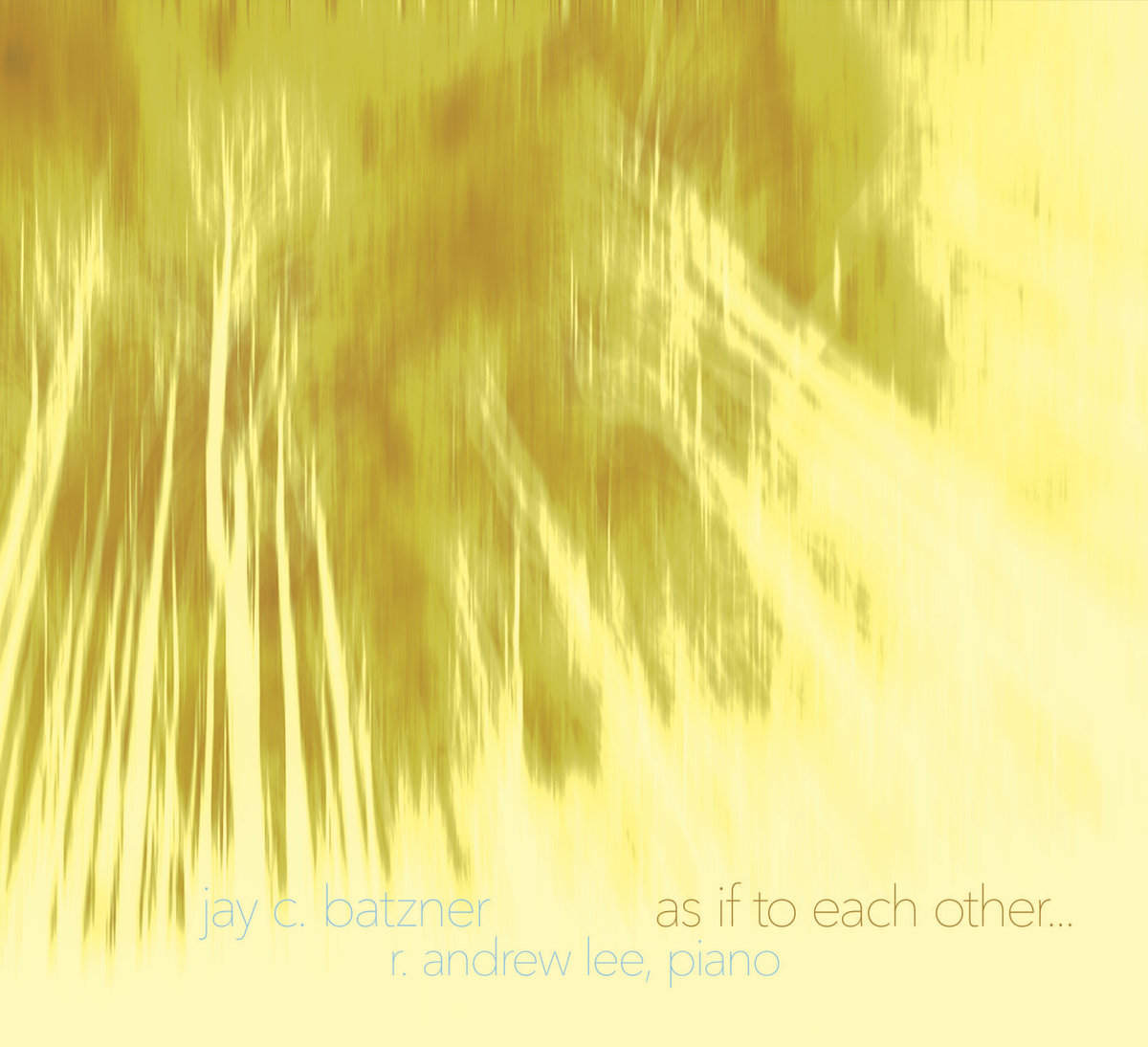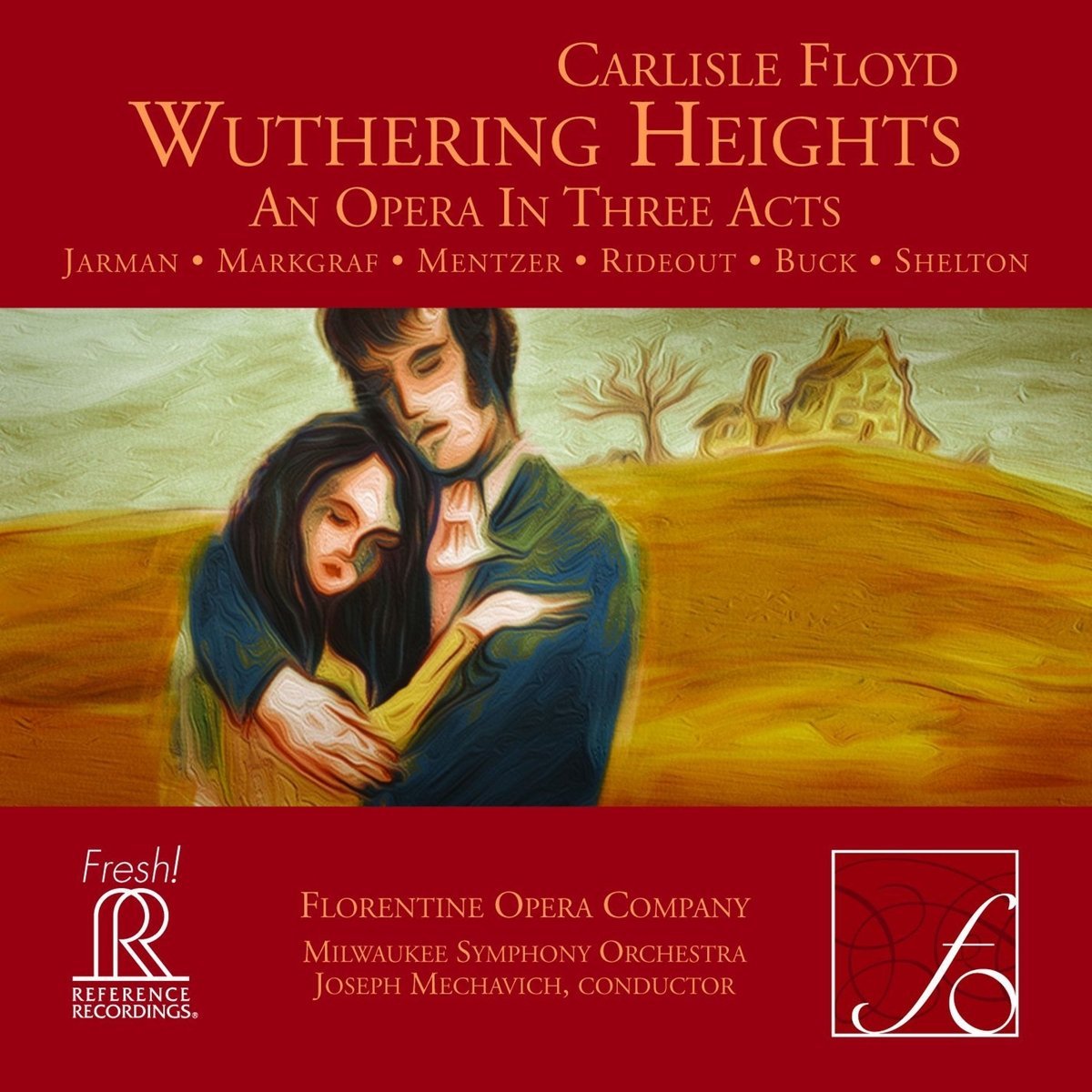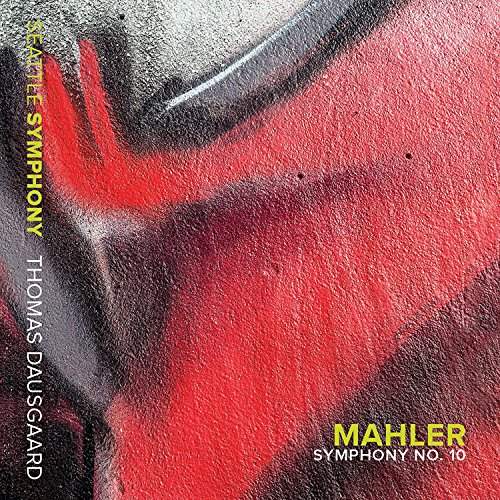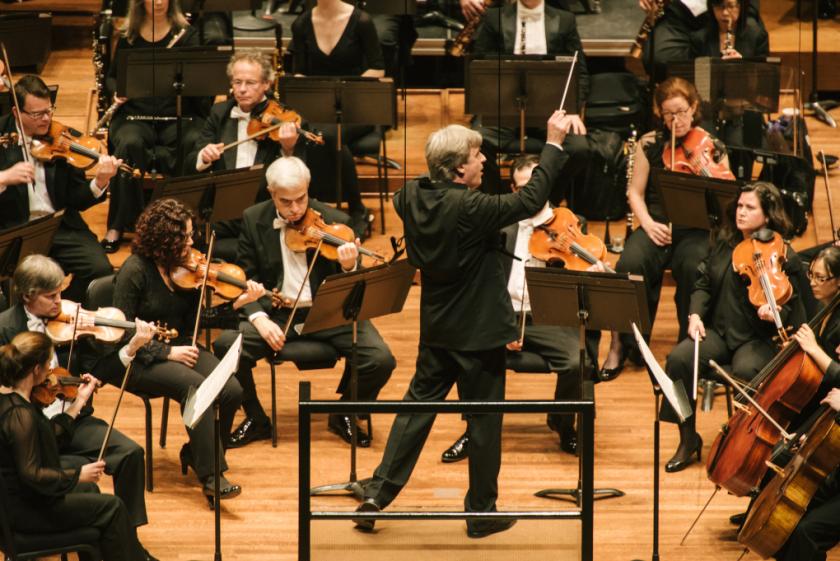 Jay C. Batzner: as if to each other… R. Andrew Lee (piano) (Irritable Hedgehog)
Jay C. Batzner: as if to each other… R. Andrew Lee (piano) (Irritable Hedgehog)
Like the Charlemagne Palestine disc reviewed a few weeks ago, this release won’t be to all tastes. But give as if to each other… sufficient time and it will get under your skin. Jay C. Batzner’s 24 minute work for solo and piano and electronics was prompted by the RPM Challenge, a yearly ‘creative challenge’ originally sponsored by the magazine The Wire, where musicians are invited to create an album (“10 songs or 35 minutes”) in the shortest month of the year – recordings to be submitted by noon on March 1st. The compact time scale is in the piece’s favour: the music is structurally easy to follow and doesn’t outstay its welcome. Bright, eerie arpeggio figures precede a central section dominated by a slow chromatic descending line, and a stately, dissonant chorale tries in vain to close proceedings. Batzner’s electronics are used with enormous subtlety and care, the spectral effects derived entirely from the piano writing, “a sort of audio kaleidoscope which bends and warps what was previously heard.”
The taped electronics enter five and a half minutes in, increasingly prominent as the work unwinds. At one point a slowly rising bass line sounds as if its surrounded by angry bees. The electronics soon stop, a few lonely arpeggios ringing out like distant bells. Inexplicably absorbing – and I’d suggest that the curious investigate the composer’s website, where a PDF of the score can be downloaded for free (the title page announces that “Unauthorised Duplication is Highly Encouraged”). Pianist R. Andrew Lee has a rare gift for bringing such arcane, esoteric repertoire to life, and he’s on superb form here; Batzner’s score played with disarming respect, startling delicacy and real authority. Lee is giving a recital at Highgate’s Red Hedgehog on October 20th. Check him out – no one else plays this sort of stuff quite so well.
 Carlisle Floyd: Wuthering Heights Florentine Opera Company, Milwaukee Symphony Orchestra/Joseph Mechavich (Reference Recordings)
Carlisle Floyd: Wuthering Heights Florentine Opera Company, Milwaukee Symphony Orchestra/Joseph Mechavich (Reference Recordings)
Odd to think that the two operas based on Wuthering Heights were written by American composers. Bernard Herrmann’s was written in 1951 and has been recorded twice. This one, by the prolific Carlisle Floyd, grew out of a concert aria commissioned by the soprano Phyllis Curtin. Floyd chose to set an iconic extract taken from Emily Bronte’s novel which prompted opera companies to ask whether the rest of the piece was as good. A full-length work was promptly commissioned and premiered in 1958, Curtin’s concert aria smartly recycled at the close of Act 2. Taking as its model William Wyler’s heavily abridged 1939 film version, Floyd suggests that the opera’s relative unpopularity is due to his being associated with more traditionally American subjects. Much of the eclectic score is echt Americana, all wide open spaces and epic brass writing, though the darker corners suggest early Britten. We’re certainly not in West Yorkshire. But Cathy’s ghostly offstage voice in the Prologue soon had me hooked, Heathcliff’s passionate, florid response utterly in keeping with the novel’s spirit.
Georgia Jarman and Kelly Markgraf as the doomed couple are terrific, Markgraf’s testosterone-rich baritone a stark contrast to Vale Rideout’s insipid Edgar Linton. Chad Shelton’s Hindley is suitably brutish. Diction is clear, the English accents pretty decent. Repeated listenings reveal a myriad of instrumental details, like the rude trombone glissandi during Joseph’s tedious sermonising. The opera’s tragic denouement has the orchestra turned up to eleven. Joseph Mechavich’s Milwaukee Symphony Orchestra are outstanding; this doesn’t sound like an easy score to perform. An enterprising release: credit due to Wisconsin’s Florentine Opera for staging the work, and to Reference Recordings for taping it. Live performances on record rarely sound this good; stage noise is minimal and there’s a thrilling sense of immediacy.
 Mahler: Symphony No. 10 Seattle Symphony/Thomas Dausgaard (Seattle Symphony Media)
Mahler: Symphony No. 10 Seattle Symphony/Thomas Dausgaard (Seattle Symphony Media)
It’s striking that several of the best recordings of Deryck Cooke’s performing edition of Mahler’s final symphony come from less starry ensembles. Simon Rattle’s trailblazing Bournemouth recording has much more oomph than his glossier Berlin remake. A moving version from Yannick Nézet-Séguin appeared last year, played by Montreal’s Orchestre Métropolitain. This one, from Thomas Dausgaard and the Seattle Symphony, was recorded live last November, and it’s better still. What a fabulous string section this orchestra has - violins absolutely fearless in Mahler’s exposed high lines, cellos and basses like rich velvet. They’re totally in sympathy with Dausgaard’s very human take on the work. The first movement’s screaming discord is terrifying, but what lingers is how this conductor leads us out of the shadows, Mahler picking himself up and dusting himself down in a radiant coda.
The first scherzo fizzes, the metre changes handled with ease. Dausgaard really pushes the tempo in the closing minutes, but the effect is euphoric. “Purgatorio” is sly and mischievous, and a fast basic speed makes the second scherzo’s sparer moments less problematic than usual. A seismic bass drum thwack introduces an involving, expansive finale which really does tie up the loose ends. The Seattle flautist is outstanding, but the greatest moment comes in the closing seconds: the strings’ extraordinary upward leap is a thing to marvel at, and I defy anyone not to shed a tear as the symphony fades into silence.















Add comment